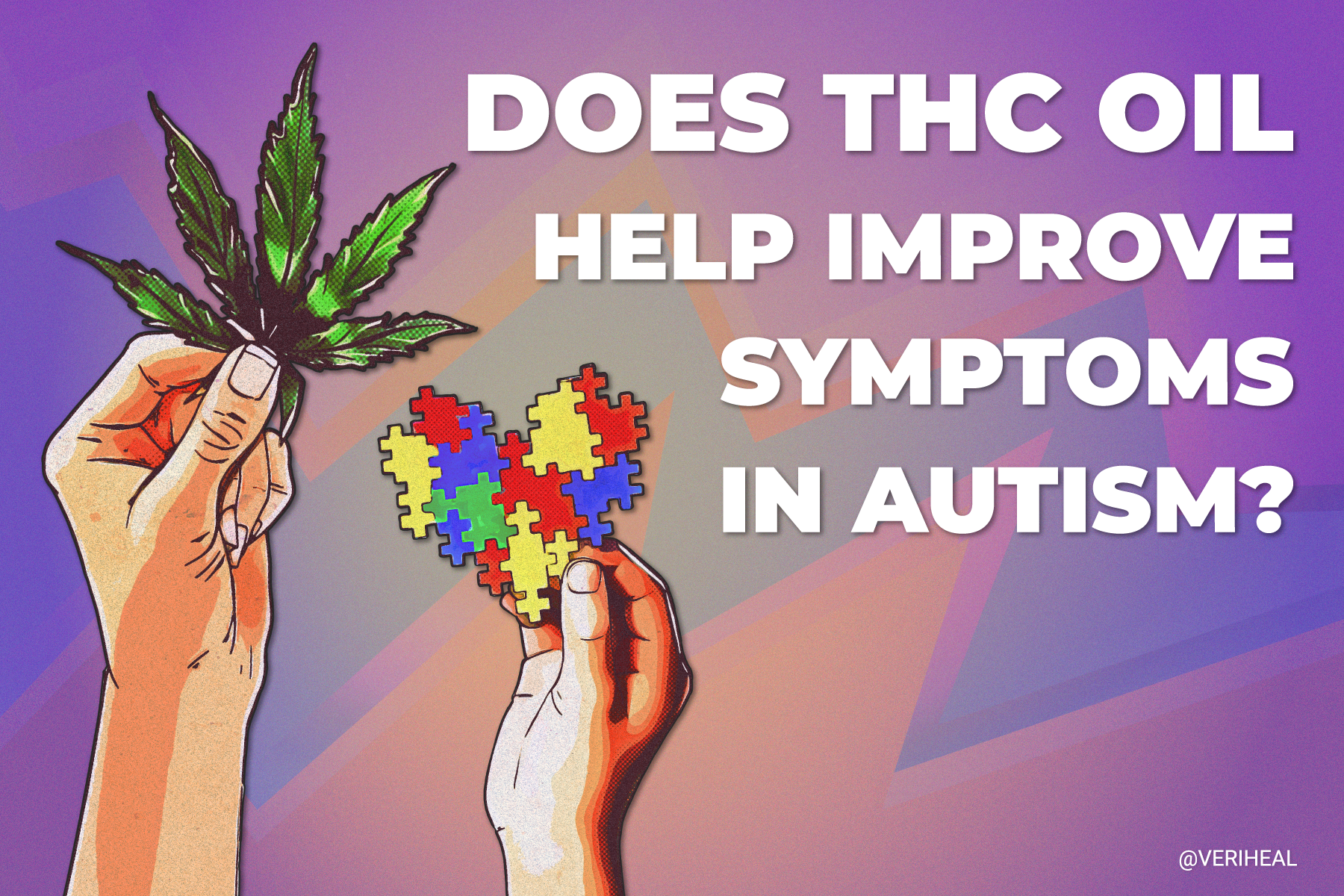Contributing to Israel’s list of impressive discoveries is a new study, published in Translational Psychiatry, showing that tetrahydrocannabinol (THC)-rich cannabis oil can be effective in treating the symptoms of autism spectrum disorder (ASD). The developmental condition can be difficult to manage in severe cases, putting the individual and their family members under a great deal of stress. Now, these families have a new beacon of hope when it comes to alleviating the most debilitating symptoms of autism.
About the Study: Autism and Cannabis
A team of researchers at Tel Aviv University in Tel Aviv, Israel, led by Ph.D. candidate Shani Poleg, conducted the study to assess the use of cannabis in the management of autism symptoms. The cannabis compound cannabidivarin (CBDV) has already been found to be a promising treatment for ASD, particularly in terms of repetitive behaviors, irritability, social functioning, and inflammation. However, THC is more widely available.
Israel21c highlighted that the study is filling in the “notable gap in preclinical research” since cannabis is often being administered “without knowing how cannabis affects biochemical processes or whether different types of cannabis oil can benefit different people.”
The researchers administered cannabis oil to animal models, which had a mutation of the Shank3 gene that “is associated with about 1 percent of autism cases.” The Shank3 is explained to be a “leading autism candidate gene, with mutations occurring between 1 and 2 percent of individuals with autism spectrum disorders,” according to Spectrum News. They go on to explain that Shank2 mutations inhibit the role of protein, which “forms a scaffolding to organize their proteins at the synapse.”
For normal functioning, the Shank3 needs to be able to encode protein between neurons at its junction. Most people who do not have a functional copy of the Shank3 gene “have both autism and severe intellectual disability.” Five different lines of Shank3 have been established, “with different parts of the protein disrupted” causing “different autism-like features, ranging from abnormal social interactions to obsessive self-grooming.”
Important Findings for Autism Patients and Families
The researchers were able to alleviate the symptoms of autism in animal models using THC-rich cannabis oil. Poleg explains that they “saw that cannabis oil has a favorable effect on compulsive and anxious behaviors in model animals” and that “in addition to the behavioral results, we saw a significant decrease in the concentration of the arousing neurotransmitter glutamate in the spinal fluid–which can explain the reduction in behavioral symptoms.”
Why You Should Get Your Medical Marijuana Card
Veriheal has satisfied millions of patients nationwide by giving them access to these benefits
- Larger purchase limits
- Peace of mind
- Enhanced legal protection
- Access to higher potency strains
- Save up to 25% on cannabis purchases
- Skip the line at the dispensary
The researchers also found that it was the THC in the oil that most effectively alleviated the symptoms of autism. Poleg noted that “clinical trials testing cannabis treatments for autism usually involve strains containing very large amounts of CBD–due to this substance’s anti-inflammatory properties, and because it does not produce a sense of euphoria.”
She added that “the strains used for treating autism usually contain very little THC, due to apprehension regarding both the euphoria and possible long-term effects.” However, the research team found that CBD alone had no impact on the behavior of their model animals.
Poleg concluded by stating that they “…observed significant improvement in behavioral tests following treatments with cannabis oil containing small amounts of THC and observed no long-term effects in cognitive or emotional tests conducted a month and a half after the treatment began.”
Is Cannabis Oil Safe for Children?
The researchers understand that using cannabis oil for the treatment of ASD raises some medical and ethical questions since most of the patients are children and since THC is well-known for its psychoactive properties—which could harm a developing brain. However, they note that even cannabis oil containing a small amount of THC is still effective and recommended.
They state that their research questions “the necessity of high doses of CBD in medical cannabis oils designated for alleviating core symptoms, and suggest that a medical cannabis oil that contains relatively small doses of THC is preferable, due to an additional plausible effect on social behavior.”
Based on this study’s findings, a CBD-isolate oil (containing CBD and no other cannabinoids) is not going to provide the alleviation one needs from treatment. This further supports the theory of the entourage effect, which asserts that cannabinoids work better together than on their own. Children with ASD can still benefit from cannabis oil containing THC as long as the quantity is low but present.
While awareness of autism and its symptoms has grown over the last years, individuals with the condition and their families are still facing a lot of discrimination. In addition to education, perhaps the biggest difference can be made by making available and accessible means of improving the condition, like cannabis oil. In the words of Helen Keller, “Although the world is full of suffering, it is also full of the overcoming of it.”
Author, Share & Comments
















